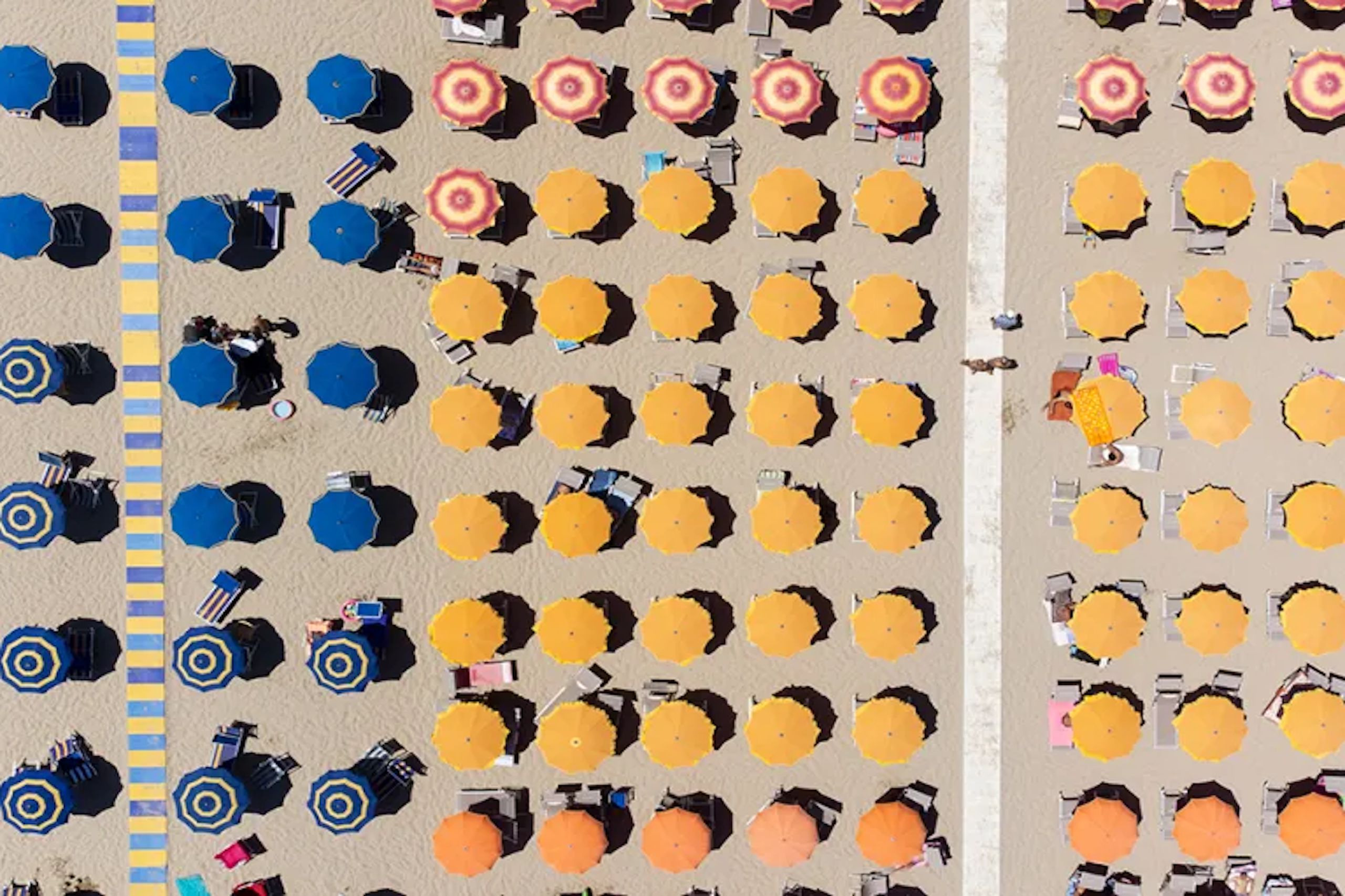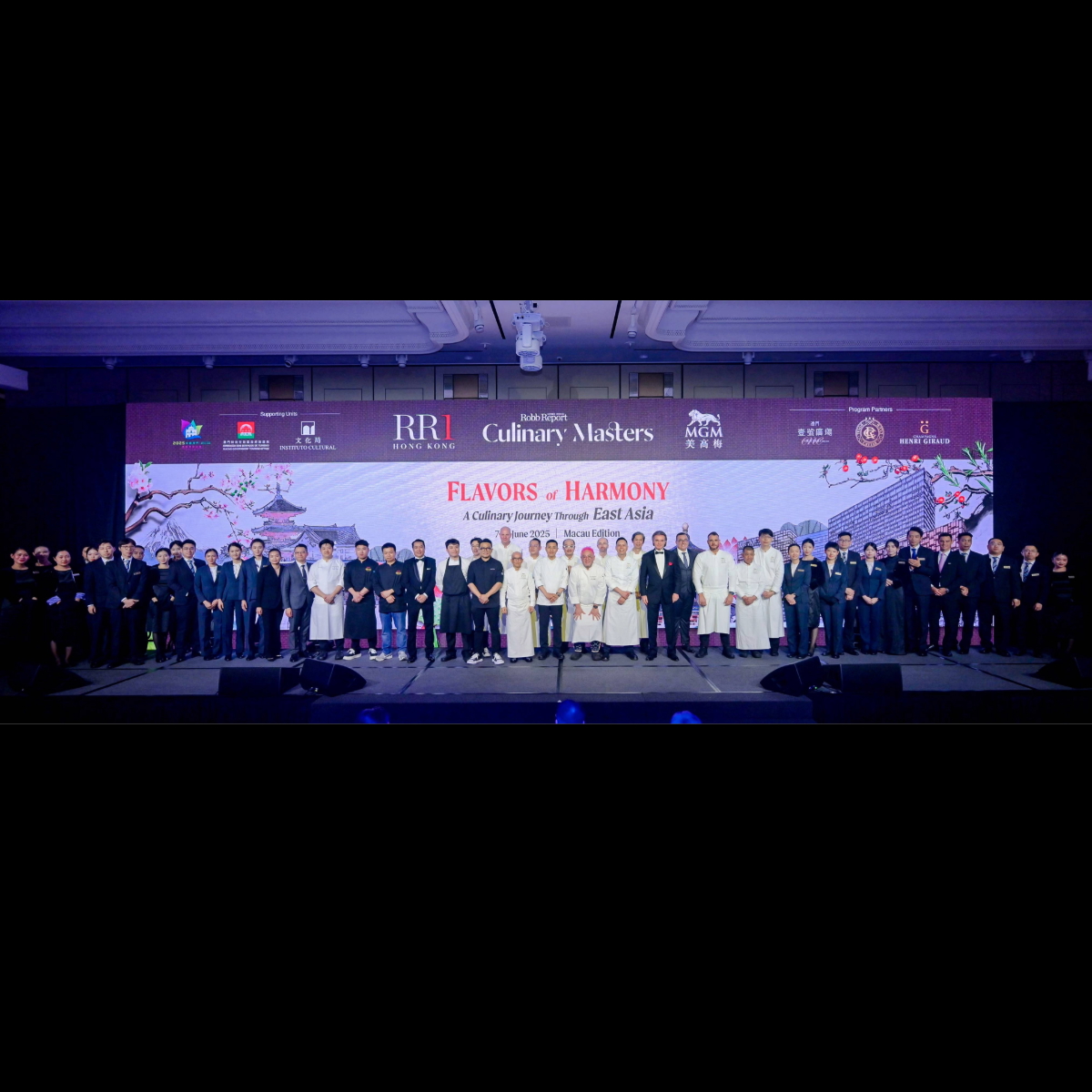Mediterranean holidays are still the toast of the town.
International tourists are set to spend a record-breaking €800 billion (HK$6.8 trillion) in Europe this year, according to a European Travel Commission report Bloomberg received. That marks an impressive 37 per cent increase from the pre-pandemic levels of €583 billion (HK$4.95 trillion), per the United Nations Tourism data cited by the publication.
“For now, we can see that southern European and Mediterranean destinations remain firm favourites for travellers in Europe,” Eduardo Santander, the CEO of the European Travel Commission, told Bloomberg.
Tourists appreciate the warmer weather in the aforementioned areas and the sometimes less-expensive options, Santander added. Greece, for example, continues to be a hot spot. And southern locales like Croatia and Malta have seen an increase in overseas tourists, with numbers up 7.6 per cent and 37 per cent, respectively, compared with 2019. Albania, meanwhile, has seen the share of overnight tourists jump a massive 86 per cent compared with 2019.
Overall, 72 per cent of tourists’ spending has occurred in Western Europe, according to the report. And most of those tourists are arriving on the continent from America. But some travellers are interested in avoiding the usual vacation cities, where over-tourism can be rampant. As such, many visitors are heading to Europe’s northern countries: International overnight stays have risen 38 per cent in Denmark, 18 per cent in Norway, and 9 per cent in Sweden, compared with 2019.
Yet others are planning their trips based on a favourable exchange rate. International tourist arrivals are up 22 per cent in Turkey and 29 per cent in Bulgaria, compared with 2019 numbers. And in Serbia, those arrivals have skyrocketed 40 per cent compared with before the pandemic.
While the almost US$900 billion (HK$7 trillion) being added to the European economy is certainly a boon, some countries aren’t so thrilled with all the extra people showing up. A number of places have enacted anti-tourism policies such as bans on new hotels and day-tripper fees. And locals have begun to protest against over-tourism, even spraying visitors with water guns to get their point across.
These actions, though, don’t seem to have deterred travellers just yet. They’re still heading to Europe, and bringing their money along with them.









